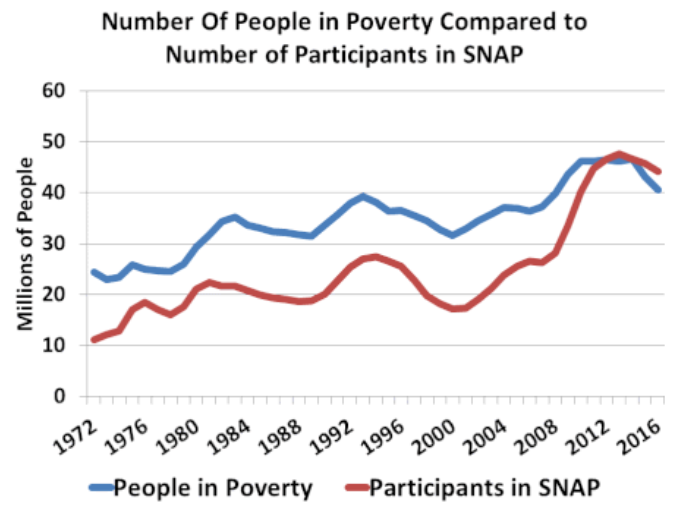Stephan Guyenet completed a PhD in neuroscience, then went on to study the neuroscience of obesity and eating behavior as a postdoc. He’s also been involved with Givewell and Open philanthropy projects. And in 2017, he wrote the book the Hungry Brain.
We discuss the two competing obesity models: One based around a model of energy balance with the brain as one of the main central controllers, (EBM, Energy Balance Model).
And one model which has evolved but is based more around an insulin - carbohydrate pathway. The carbohydrate - insulin model emphasizes the role of insulin from glycemic load inputs.
While not necessarily mutually exclusive, Stephan explains how the brain centric energy balance model can explain some data, in his view, that the carb-insulin model does not. Stephan notes much individual variability and how the naming “energy-balance” is perhaps not the best type of name for the model.
We discuss the challenge of processed foods, which tend to be easy to eat and tasty to us. Stephan notes that the combination of fat + carb (eg in chocolate!) is very appetising. We chat about the role of genetics, and satiety.
We talk about two classes of obesity drugs, one rimonabant (using cannabinoid receptor pathways) which has been withdrawn; and the other being GLP-1s. We talk about the possible role of inflammation and some intriguing data on Alzheimer’s. I ask about his view on intermittent fasting, also on the microbiome.
I talk about my challenges with exercise and we discuss how some people probably are not wired to enjoy intensity training whereas some others are.
We talk about effective altruism and what he has learnt from his work at Givewell.
We play over-rated | under rated on:
Climate Change
Nuclear War
Rogue AI risk
Giving away more wealth
Animal welfare
We chat about making cider, growing your own food and cycling in Seattle.
Stephan ends with his general diet advice.
Listen below or wherever you listen to podcasts. Video above, on Youtube.
PODCAST INFO
Apple Podcasts: https://apple.co/3gJTSuo
Spotify: https://sptfy.com/benyeoh
Anchor: https://anchor.fm/benjamin-yeoh
Links:
Stephan’s website is here. Amazon link to Hungry Brain book is here.
One of the Alzheimer’s study / GLP-1 is here.
This is one of the latest papers on the Energy Balance Model (Feb, 2022). Here is a tweet thread on this.
This is in response to the carb-insulin model proposed by David Ludwig et al here (2018). And updated by Ludwig et al here (Dec 2021).
You can check out Givewell here.


